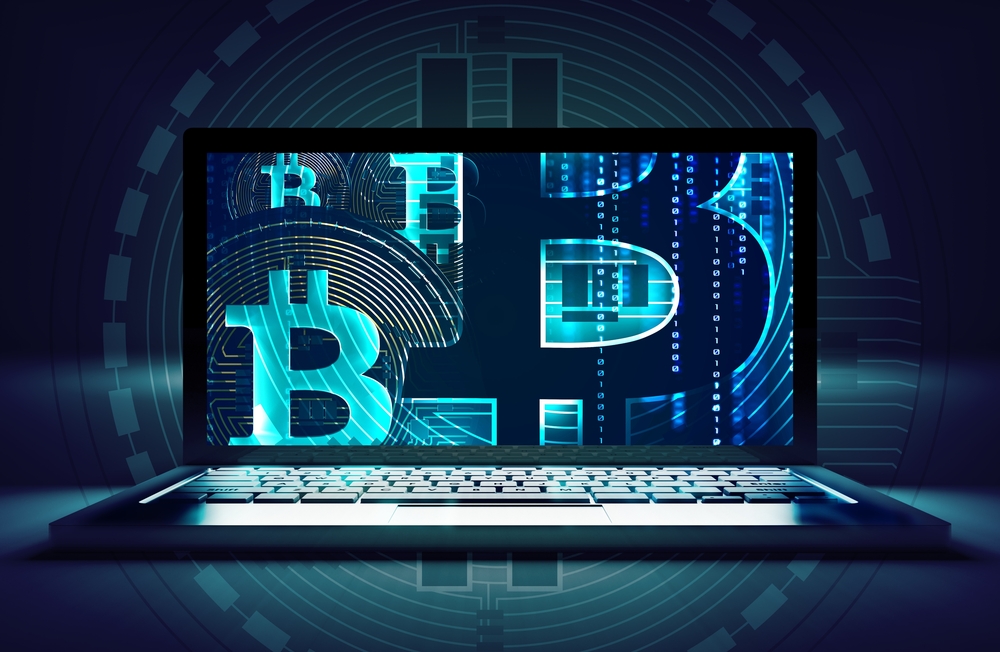Network congestion remains one of the biggest issues in the world of Bitcoin right now. It appears someone is deliberately flooding the network once again, even though all transfers are sent with a low fee. Then again, there is no reason to have 174,000 transactions revolving around one address paying itself. It is an interesting turn of events that will raise a lot of questions, though.
It would not be the first time someone is deliberately trying to create spam transactions on the Bitcoin network. Whether or not that was the end goal of this particular multisig address remains to be seen, though. The address has over 174,000 transactions linked to it, most of which relate to sending funds to itself at a small fee. It is not something affected the bitcoin mempool all at once, but these batches of transactions are somewhat troubling.
An Unusual List of Bitcoin Transactions Appears
Things have become somewhat problematic in the world of Bitcoin transactions. Every time some odd behavior for a particular address is discovered, people are quick to label it as an attack to raise fees. It does not appear this address has been successful in doing so, assuming that was the intent all along. However, there are some oddities regarding some of these transactions that are worth pondering.
First of all, there are a bunch of transactions with a 15 cent fee. If someone is ending money to himself or herself, why would they pay 15 cents in fees? If all these transfers are confirmed on the network, they will rack up quite a high amount of fees for no reason. Moreover, this low fee has not prevented some earlier transactions form confirming, which seems a highly unlikely result considering the current state of the Bitcoin network.
Luckily, it does not appear these unusual transactions will have any effect on the overall Bitcoin transaction fee on the network right now. That is a positive development, as no one is waiting to see even higher transaction fees right now. It is quite interesting to consider what this address may be trying to achieve. It doesn’t appear to be a deliberate spam attack, and a lot of its transactions are seemingly not getting confirmed. It is unusual but does not appear to be causing any harm right now.
Header image courtesy of Shutterstock



